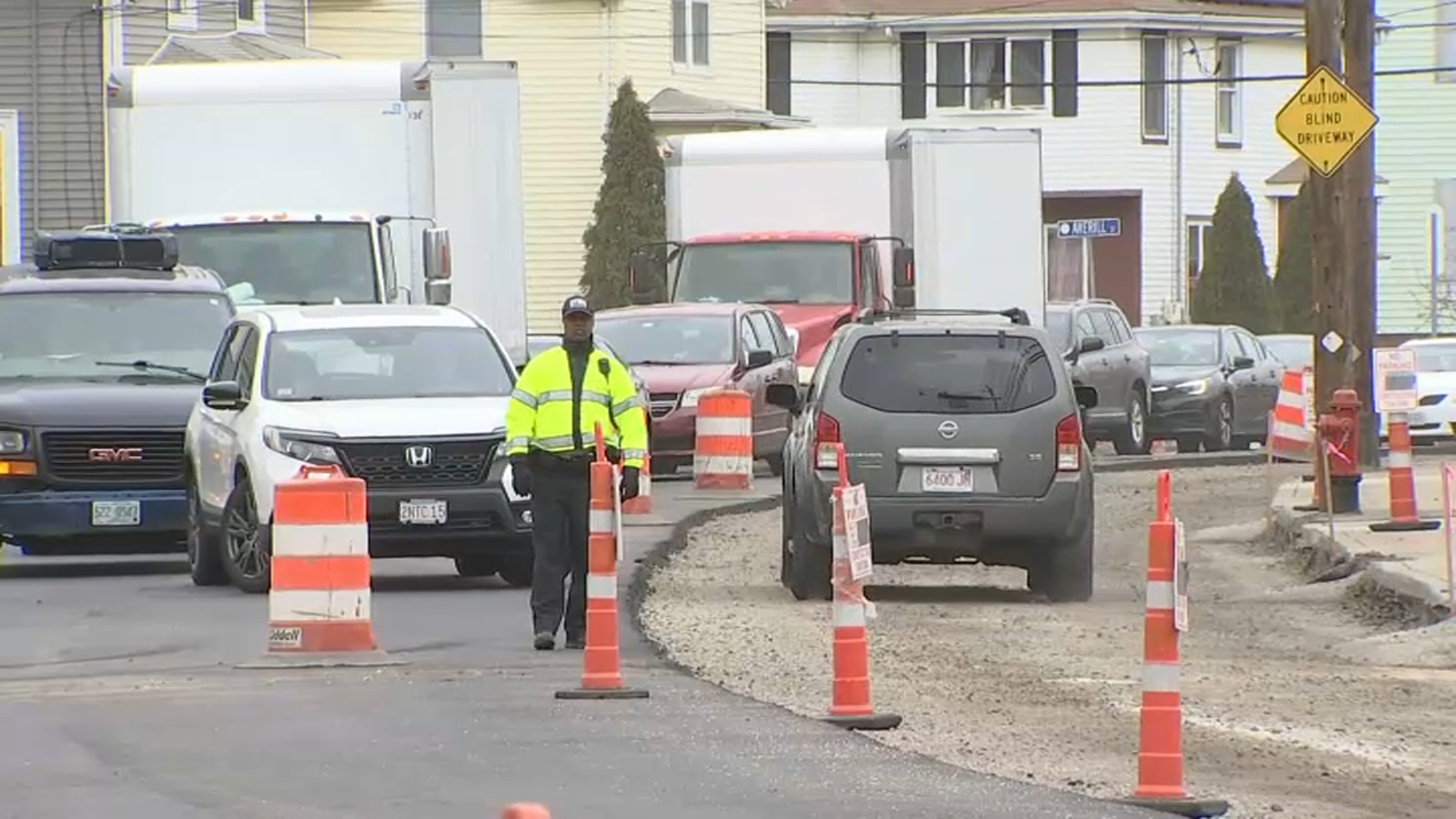Tom Emswiler never thought much about time zones until he moved from Washington to Massachusetts a few years ago and experienced his first New England winter. But it wasn't the snow that got him — it was the dark.
"I was horrified my first December in Massachusetts when the sun set at 4:11," he said. "And I thought to myself, 'there has to be a better way.'"
Emswiler wondered why Massachusetts — being so far east — isn't part of the Atlantic Time Zone, like Nova Scotia to the north, which has an extra hour of afternoon daylight in the winter.
So Emswiler approached his local Quincy senator with a citizens' petition. He was surprised and delighted to learn this week that it's part of the economic development bill that Gov. Charlie Baker just signed into law.
"This was particularly important to some folks in the Senate that there be a legislative committee put together to study it," Baker said. "In deference to the Senate's interest in doing that, we signed that."
If all this sounds far-fetched, consider that the eastern states are already on Atlantic Standard Time for eight months of the year. We are only on Eastern time when the clocks are turned back during daylight saving time between November and February, and many feel that more afternoon daylight is preferable.
Dina Rosenbaum loves the idea of Atlantic Time.
Massachusetts
The latest news from around the state
"I love it lighter later in the day," she said. "Because I always find in the winter time, I got home from work and then it's dark and I'm like, done."
Supporters of Daylight Saving Time say it is important because it helps farmers do their early morning chores, and prevents children from having to go to school in the dark.
Emswiler says that Atlantic Time could actually help the economy, public health and energy consumption. But it could be an uphill battle, considering the governor doesn't seem to be a big fan.
"I think the time zones we have are fine," he said. "And they've been fine for a very long time."



